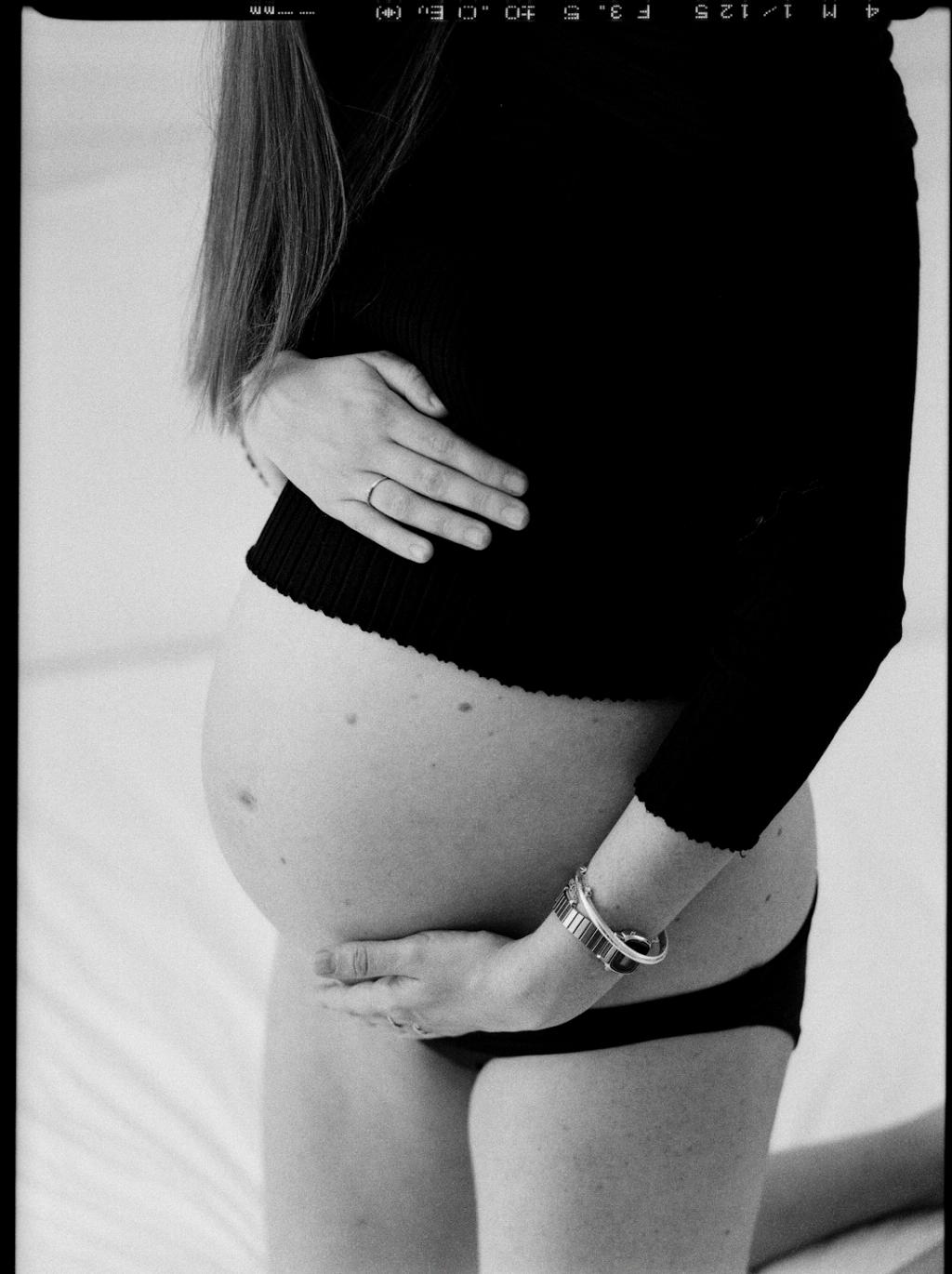During pregnancy, many women experience various changes in their bodies, including alterations in their hair. One common concern that some may face is the thinning of their hair. This can be unsettling for those who are used to having lush locks, but it is essential to understand the reasons behind this phenomenon.
Factors Leading to Hair Thinning
The thinning of hair during pregnancy can be attributed to several factors. One significant cause is the decrease in estrogen levels that some women experience. This hormonal shift can lead to changes in the hair growth cycle, resulting in more hair shedding than usual.
Relationship to Hormonal Changes
Estrogen plays a crucial role in maintaining hair health and thickness. When estrogen levels drop during pregnancy, it can disrupt the normal growth cycle of hair follicles. This disruption may cause more hair to enter the resting phase, leading to increased shedding and a perception of hair thinning.
Other Contributing Factors
In addition to hormonal changes, other factors can also contribute to hair thinning during pregnancy. These include stopping the oral contraceptive pill, experiencing significant emotional stress, or undergoing physical trauma such as an abortion, miscarriage, or stillbirth. These events can trigger hormonal imbalances that affect hair health.
Time Frame of Hair Changes
The timing of hair thinning during pregnancy can vary among individuals. Some women may notice changes in the early stages, while others may experience them later in pregnancy. Hair thinning typically occurs in the postpartum period when hormone levels fluctuate significantly.
Managing Hair Thinning
While hair thinning during pregnancy is a common occurrence, there are ways to manage it effectively. Ensuring a balanced diet rich in essential nutrients, maintaining good scalp hygiene, and using gentle hair care products can help promote healthy hair growth and minimize shedding.
Consulting a Healthcare Provider
If you are concerned about excessive hair thinning during pregnancy, it is advisable to consult with your healthcare provider. They can evaluate your hormonal levels, identify any underlying issues contributing to hair loss, and recommend appropriate treatment options to support hair health.
Emotional Impact of Hair Changes
Experiencing hair thinning during pregnancy can have an emotional impact on some women. It is essential to address any feelings of distress or self-consciousness associated with hair loss. Seeking support from loved ones or a mental health professional can help manage these emotions effectively.
Postpartum Hair Recovery
For many women, hair thinning during pregnancy is a temporary phase that resolves after giving birth. As hormone levels stabilize, the hair growth cycle returns to normal, and lost hair is gradually replaced. Patience and proper hair care can facilitate the postpartum hair recovery process.
Monitoring Hair Changes
It is essential to monitor any significant changes in hair thickness or texture during pregnancy. If you notice persistent or severe hair thinning, it is recommended to seek professional advice. A healthcare provider or dermatologist can assess your hair health and provide tailored recommendations for management.
Conclusion
In conclusion, while hair thinning during pregnancy can be concerning, it is a common occurrence due to hormonal fluctuations and other contributing factors. By understanding the causes of hair changes, implementing healthy hair care practices, and seeking medical guidance when needed, women can navigate this phase with confidence and ensure optimal hair health during and after pregnancy.

